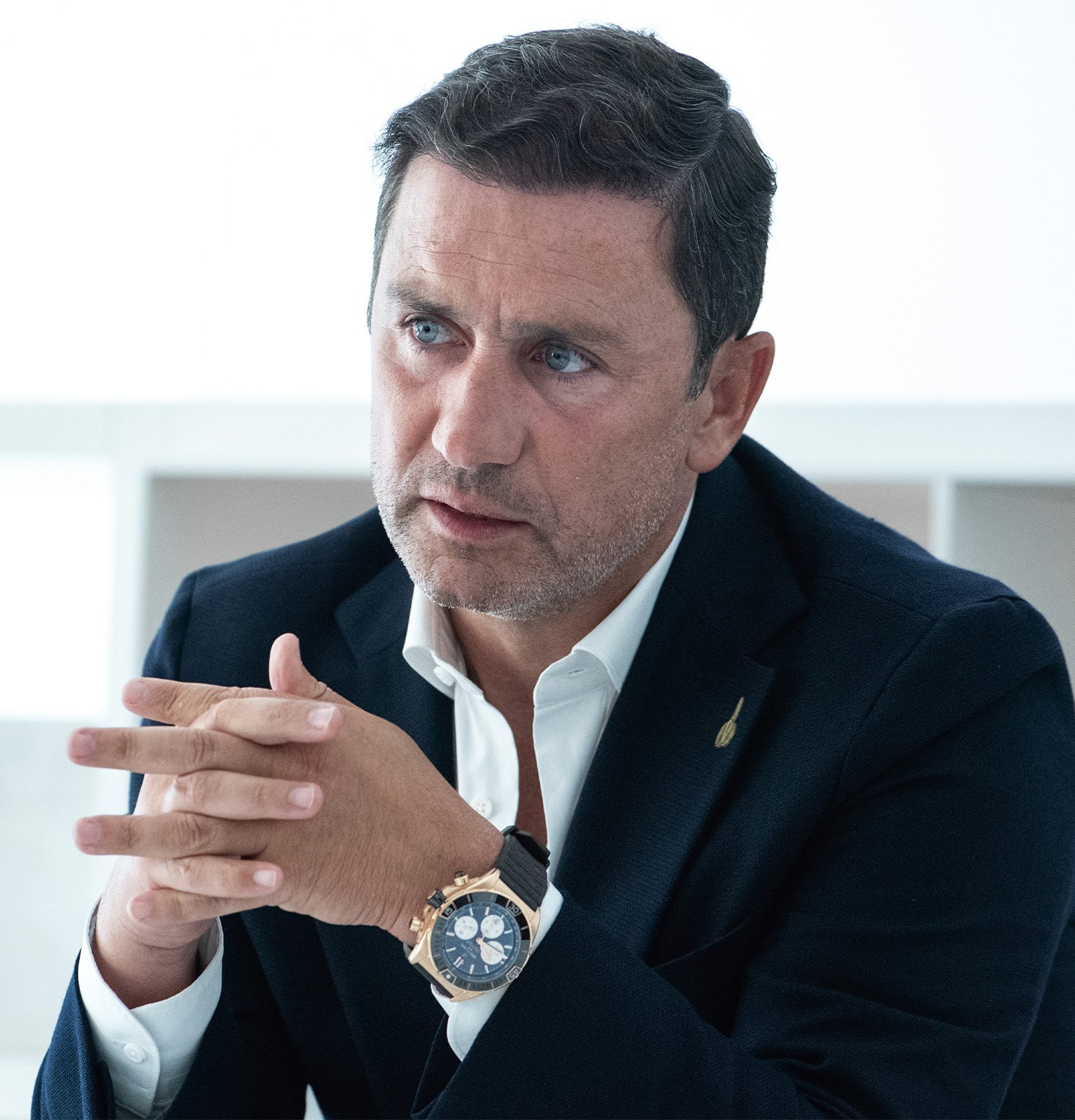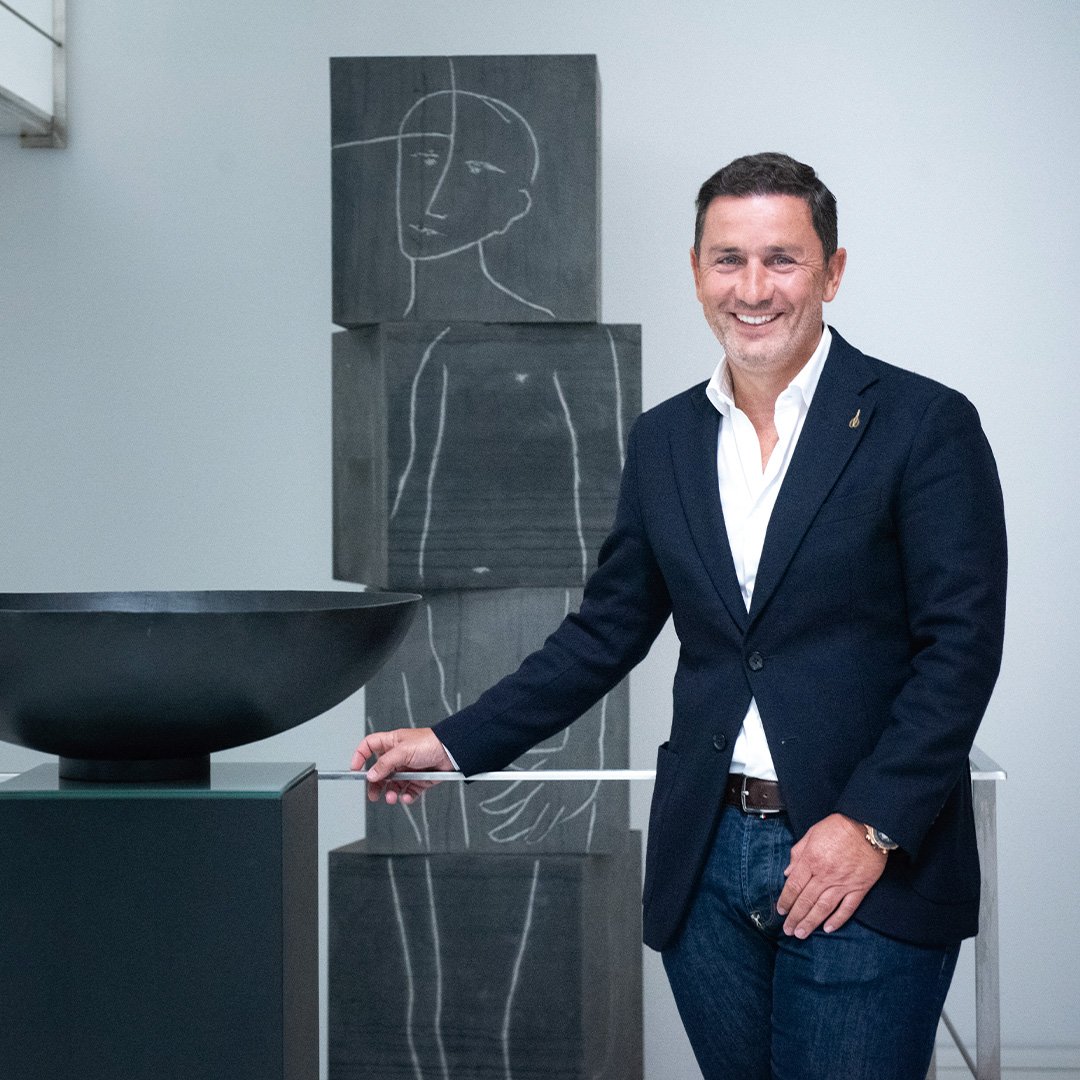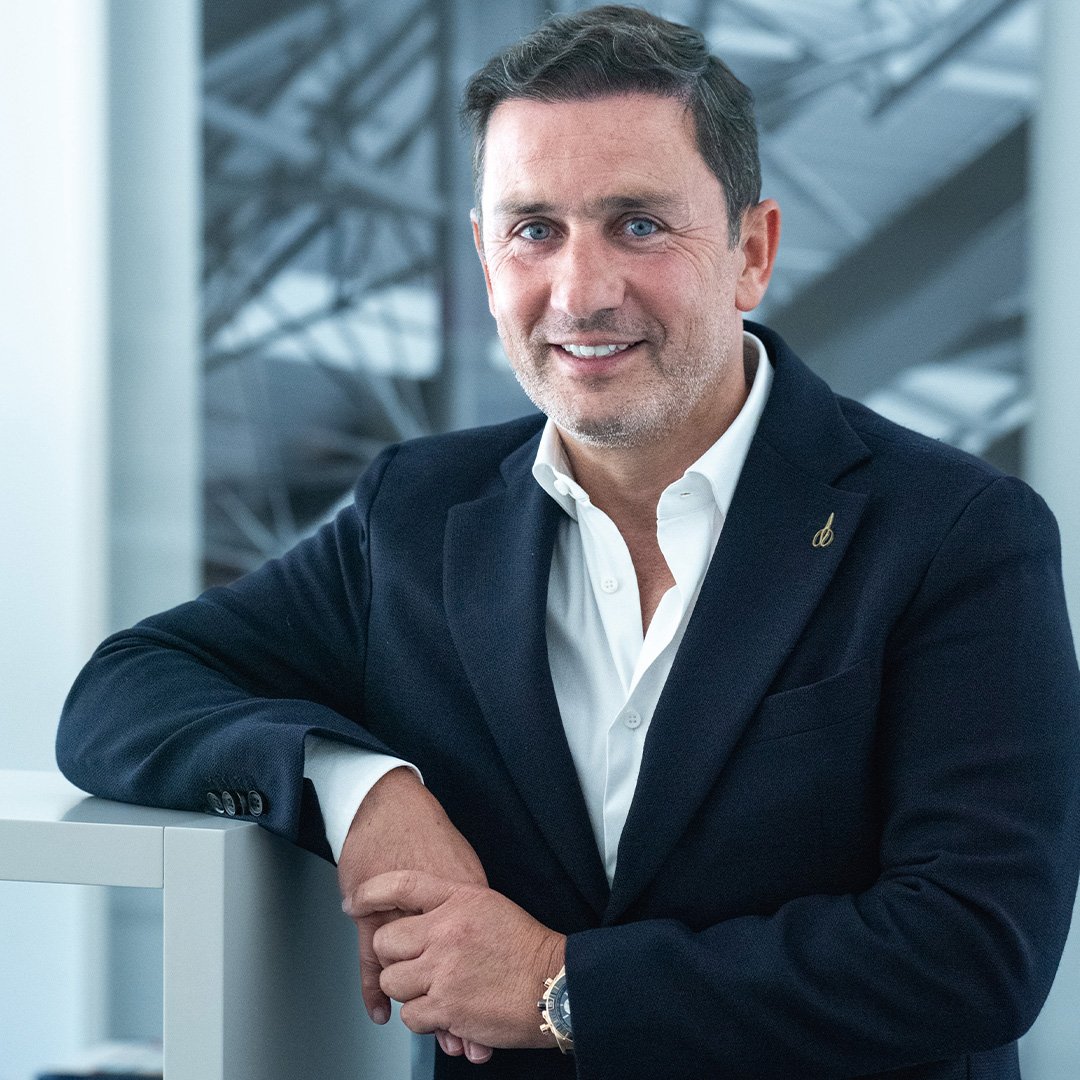Portugal is increasingly spending more on luxury, particularly in the housing sector. Do you hope to focus more on the premium side in the future?
Yes, more and more. As well as the country spending more on luxury, premium is the level where we want to position ourselves. In fact, there are a lot of people working on mid-range or lower-mid-range products, but there aren’t as many focusing on premium, so they’re either afraid or don’t have the means to focus on quality.
Tell us about your investment in the hotel business.
The hotel business followed on from construction. It began in 2007, when we were refurbishing a hotel for a client and he challenged me to get into the tourism business. That’s how I got involved. We set up a joint company, 50/50, and bought our first hotel in the Azores. In 2010, we bought another complex in Funchal, where I was already a 70 per cent shareholder. In 2016, I bought the company 100 %, by which time I also had the third hotel in the Azores. We are currently about to open the hotel at the Santa Clara Monastery in Vila do Conde; we have bought another project in Funchal and we still have other projects to complete. The first five years in the area were difficult, they were years of losses rather than gains. It was only in 2013 that it began to evolve significantly. It is currently a profitable business, hence the ambition to open one hotel a year.
You mentioned the Santa Clara Monastery, one of the group’s hotel projects, grouped in a premium segment, which will soon be opening its doors. What can you tell us about this complex?
The Mosteiro de Santa Clara has everything it takes to become one of the best hotels in the north. This five-star hotel is located in Vila do Conde and is in a very high-end segment, with an investment of around twenty million Euros. Comprising 87 rooms, it has a spa, indoor swimming pool and two restaurants, one of which will be run by chef Vítor Matos. There will also be a wine cellar, on a floor that we discovered that had been buried for many years, since the building was constructed, and that has never been used. We’re talking about a complex that is around 600 years old.
What was the biggest difficulty with the project?
The biggest difficulty was the matter of archaeology, which is something we have to improve on in Portugal. A project that could be completed in a year now takes three or four years longer. The Monastery of Santa Clara took three years and should have been finished a long time ago. I’m not saying that we should vandalise historical matters, but it should be a faster process.
Regarding the training and management of the hotel teams, is your group in charge of this?
There is a managing director in each hotel. Then there is a director and their respective team within each hotel. At the head office, here in Braga, we have a reservations centre and the sales side of these hotels. As for training, we have, for example, people in a hotel in the Azores training to come to the five-star one in Vila do Conde when it opens.
«The ambition is to open one hotel a year»
Has it been easy to find staff?
It’s beginning to be difficult, there is a shortage of labour. We are recruiting people from Cape Verde for the tourism sector, but there is also a shortage of people in the construction sector.
In order to adapt to the world of metalworking, you need to be at the forefront of new technologies. How does the group ensure the best projects?
Metalworking is a more recent investment. It was only acquired two years ago and it was a brand that we bought in an insolvency process, as it belonged to a company that had already worked for the Arliz Group. We knew it was a very advanced brand with good equipment. When difficulties emerged, we approached them and opted to buy the establishment. At the moment, the company is working very well. We are focusing on France, because this is a market that has more added value compared to Portugal. We also intend to invest in Switzerland. There are few companies in Portugal that can guarantee distinctive projects as we can. I like to be constantly investing, especially in an area of innovation such as metalworking.
How did the idea of creating the Parques VE brand, the company that manages the group’s car parks, come about?
The VE brand is very old, it was acquired in 2003. It came about when the underground car parks in Valongo were designed. At the time, a client of ours had the concession and, due to his age, wanted to abandon the project, so we took on the brand. Today, we have car parks in Valongo, Ermesinde and Gaia, although this is not the area in which we are investing the most, not least because when we arrived in this sector it was too late, the market had already been absorbed. The opportunity that existed was outside the big cities, so we took advantage of it.
Insurance is also part of Arliz’s domain...
Insurance, together with the VE brand, is another area in which the group is less involved. The insurance business will continue to grow, but the car park business will only develop if we merge with another revenue-generating company. Incidentally, while we’re on the subject of income, we also have a property development company that buys assets and rents them out. And VE car parks may one day merge with this company of ours.
Areas such as metalworking are becoming more dependent on artificial intelligence and less on human labour. Do you think we could fall into a cycle of dehumanisation thanks to the primacy of machines?
Yes and no. But given the labour shortage in Portugal, there seems to be no other solution.













